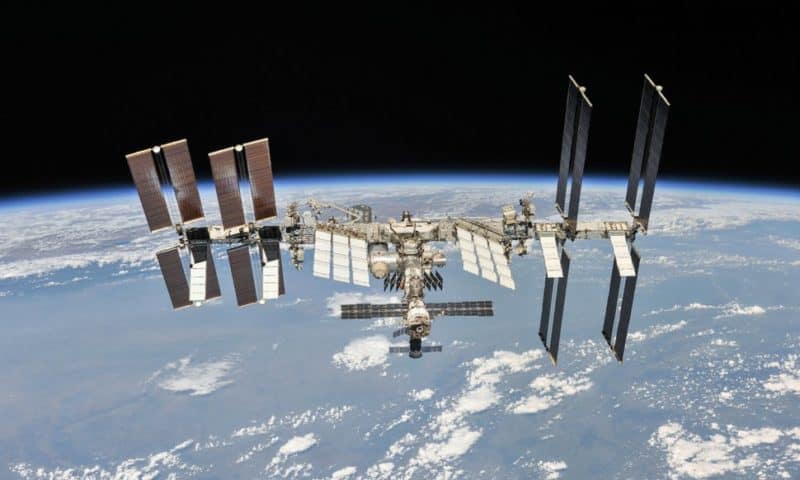Stress could be causing dormant herpes viruses to activate in astronauts, according to a recent study.
STRESS COULD BE CAUSING dormant viruses like herpes to activate in astronauts during space travel, according to new research.
The study, published last month in Frontiers in Microbiology, found that herpes viruses reactivated in more than half of crews on shuttle flights and International Space Station missions.
Researchers analyzed saliva, blood and urine samples from astronauts before, during and after their missions. They detected four of the eight known human herpes viruses, including those responsible for oral and genital herpes and chickenpox and shingles.
The viruses likely reactivate due to stress, which can come from both physical and social situations. Astronauts face exposure to microgravity, cosmic radiation and extreme G-forces during take-off and re-entry as well as social separation, confinement and altered sleep schedules.
“During spaceflight there is a rise in secretion of stress hormones like cortisol and adrenaline, which are known to suppress the immune system,” said Satish Mehta, the study’s senior author. “In keeping with this, we find that astronaut’s immune cells – particularly those that normally suppress and eliminate viruses – become less effective during spaceflight and sometimes for up to 60 days after.”
Researchers said the information gathered in the study will help them prepare and design future exploratory missions to faraway places where reactivation of the viruses could cause serious medical problems.
The study found that the longer the spaceflight, the higher the magnitude, frequency and duration of “viral shedding,” or the successful reactivation of the viruses.
Reactivation of the viruses does not necessarily mean astronauts will suffer from side effects. In fact, only six of the 112 astronauts involved in the study noticed any symptoms.
But any astronaut who experiences reactivation – symptoms or not – could still infect others when they return to Earth.
Researchers found evidence of the viruses still in astronauts’ body fluids up to 30 days after their return. They warned that continued viral shedding could endanger newborns or people with compromised immune systems.
Mehta said the “ideal” countermeasure to reactivation is vaccination, but so far only one type of herpes virus – chicken pox – has an existing vaccine.

